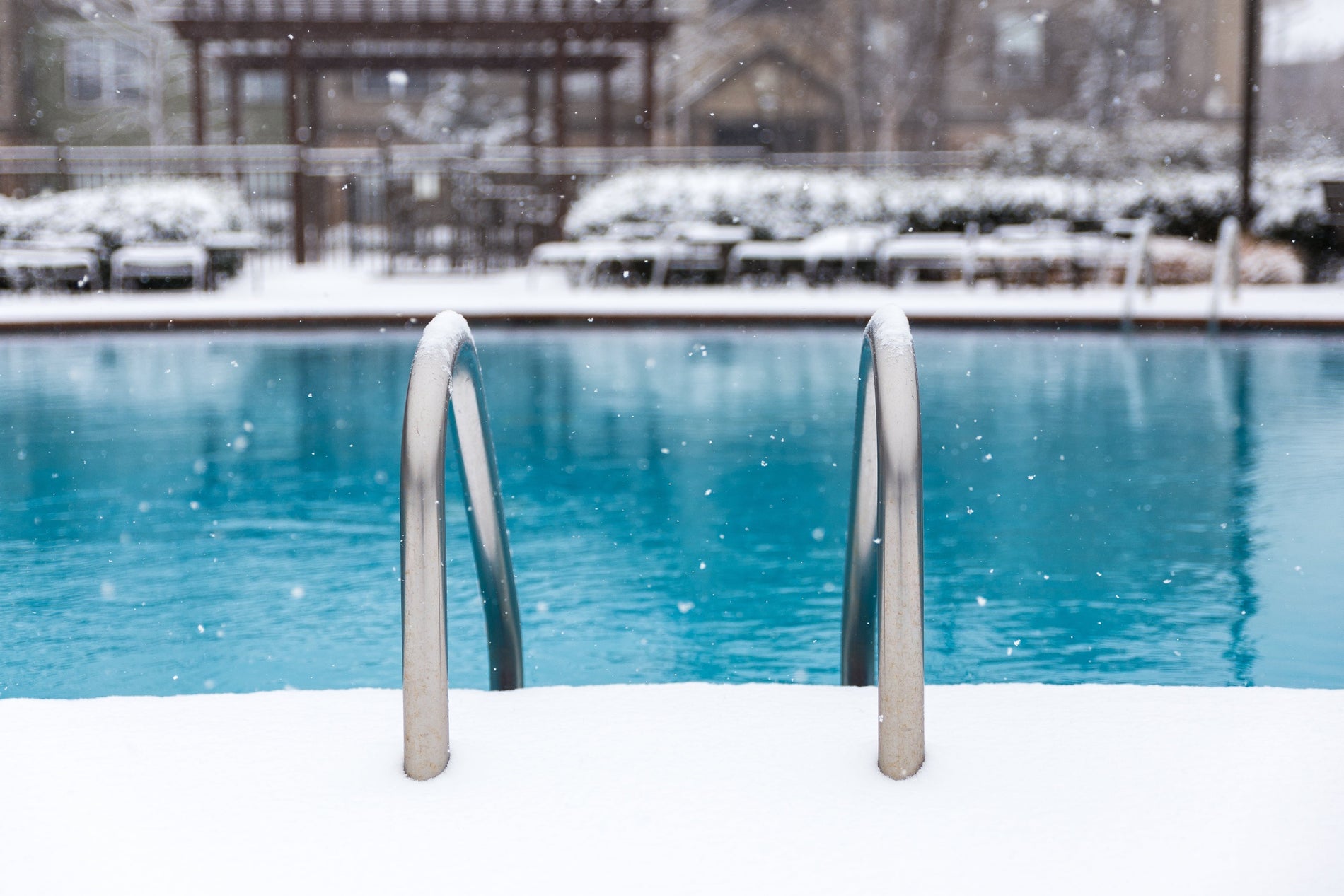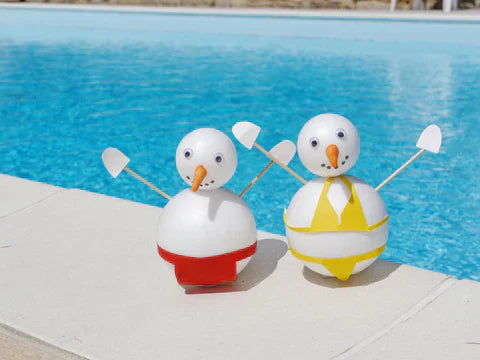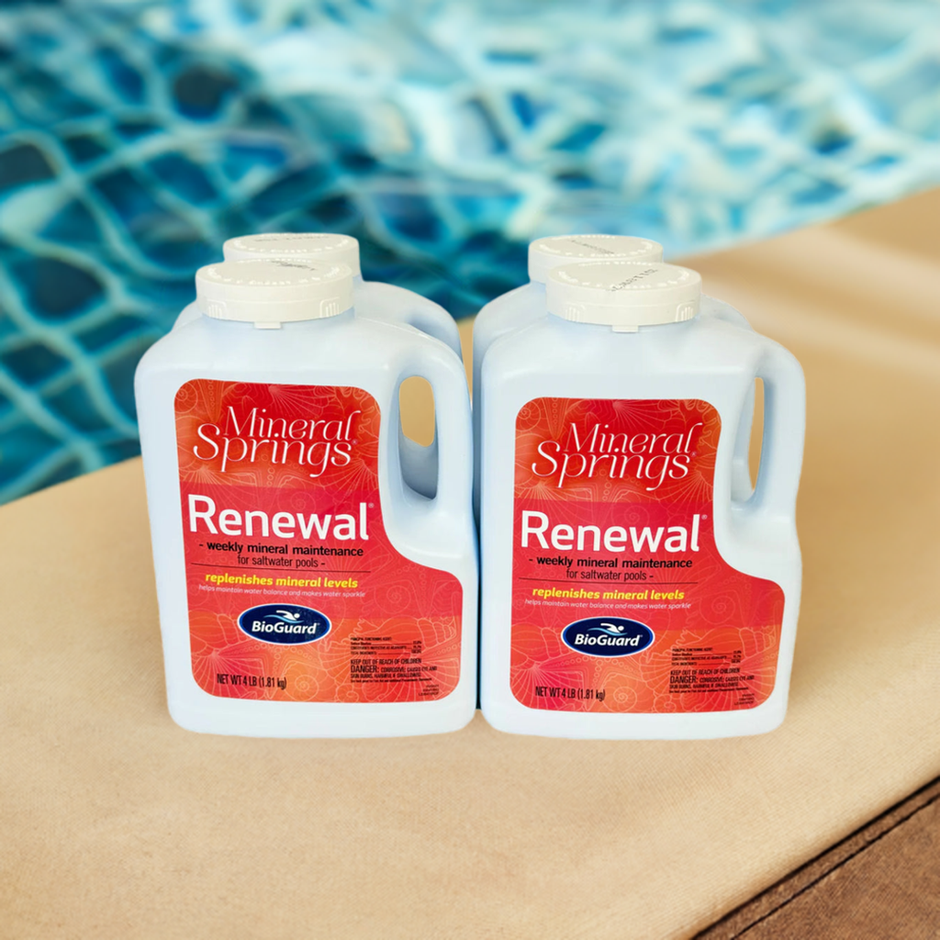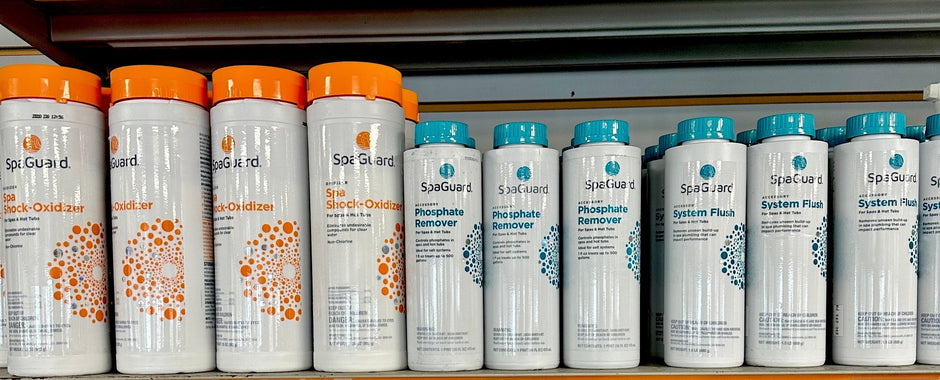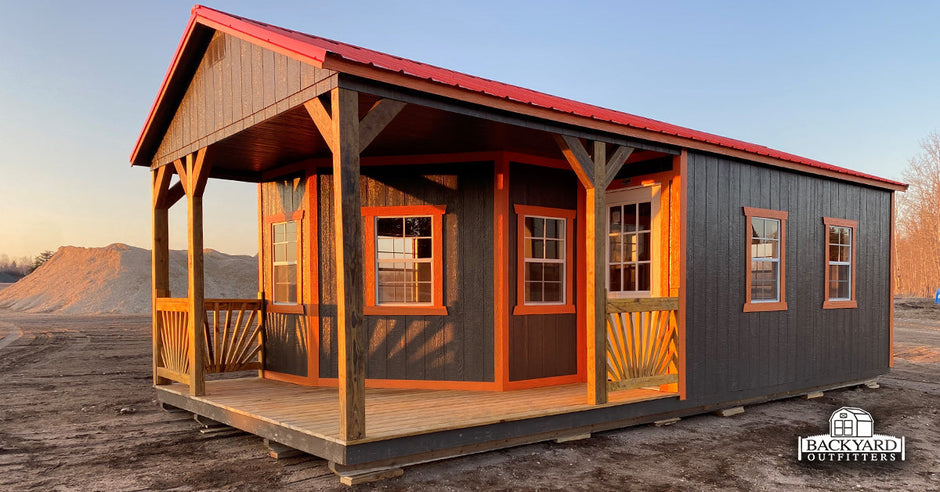As the crisp fall air begins to settle in New York, it’s time to start thinking about one important task for pool owners: winterization. Whether you have an above-ground or inground pool, properly preparing your pool for the winter months is crucial. Not only does it protect your investment, but it also ensures that your pool is ready for a smooth and hassle-free reopening in the spring.

Why Winterization Is Important
New York winters can be harsh, with freezing temperatures that can wreak havoc on your pool if it’s not properly prepared. Winterization is more than just covering your pool; it’s about protecting the structure, equipment, and water quality.
-
Preventing Damage: Freezing water can cause pipes to crack, pumps to break, and other costly damages. By winterizing your pool, you’re taking steps to prevent these issues, saving you from expensive repairs down the line.
-
Protecting Water Quality: Balancing the water chemistry before closing your pool is essential. Proper chemical balance helps prevent algae growth, staining, and scaling, which can be tough to deal with when you reopen your pool in the spring.
-
Extending Pool Equipment Life: Your pool’s equipment—like the pump, filter, and heater—can be damaged if water is left in the system over the winter. Draining and properly winterizing this equipment ensures it will work efficiently for years to come.
The Winterization Process
Winterizing your pool involves several key steps, and it’s important that each is done correctly to ensure the longevity of your pool. Here’s a quick overview:

-
Clean and Balance the Water: Before closing, clean your pool thoroughly and test the water. Adjust the pH, alkalinity, and calcium hardness levels to ensure the water is balanced. This step is crucial for preventing damage and making reopening easier.
-
Lower the Water Level: For inground pools, lowering the water level below the skimmer is important to prevent freezing and cracking. Above-ground pools may not require lowering, but it’s important to follow manufacturer recommendations.
-
Drain and Protect Equipment: Drain all the water from your pump, filter, heater, and any other pool equipment. Add antifreeze to the plumbing lines if necessary, and plug all openings to keep them protected from the cold.
-
Cover the Pool: Finally, cover your pool with a durable winter cover. This protects the pool from debris, animals, and harsh weather conditions.

We’re Here to Help!

Winterizing a pool can be a daunting task, especially if you’re unsure of the steps or don’t have the time to do it yourself. That’s where we come in. At Pool Connect, we are the professionals who know the ins and outs of pool winterization. Our experienced service team is ready to help you prepare your pool for winter, ensuring it’s protected and ready for next season.
Don’t leave your pool to chance this winter. Reach out to us with any questions, or better yet, schedule a professional closing with our team. We’ll handle everything, so you can rest easy knowing your pool is in good hands.
Contact Pool Connect today to schedule your winterization service. Let us take care of the details, so you can enjoy your pool season after season.

